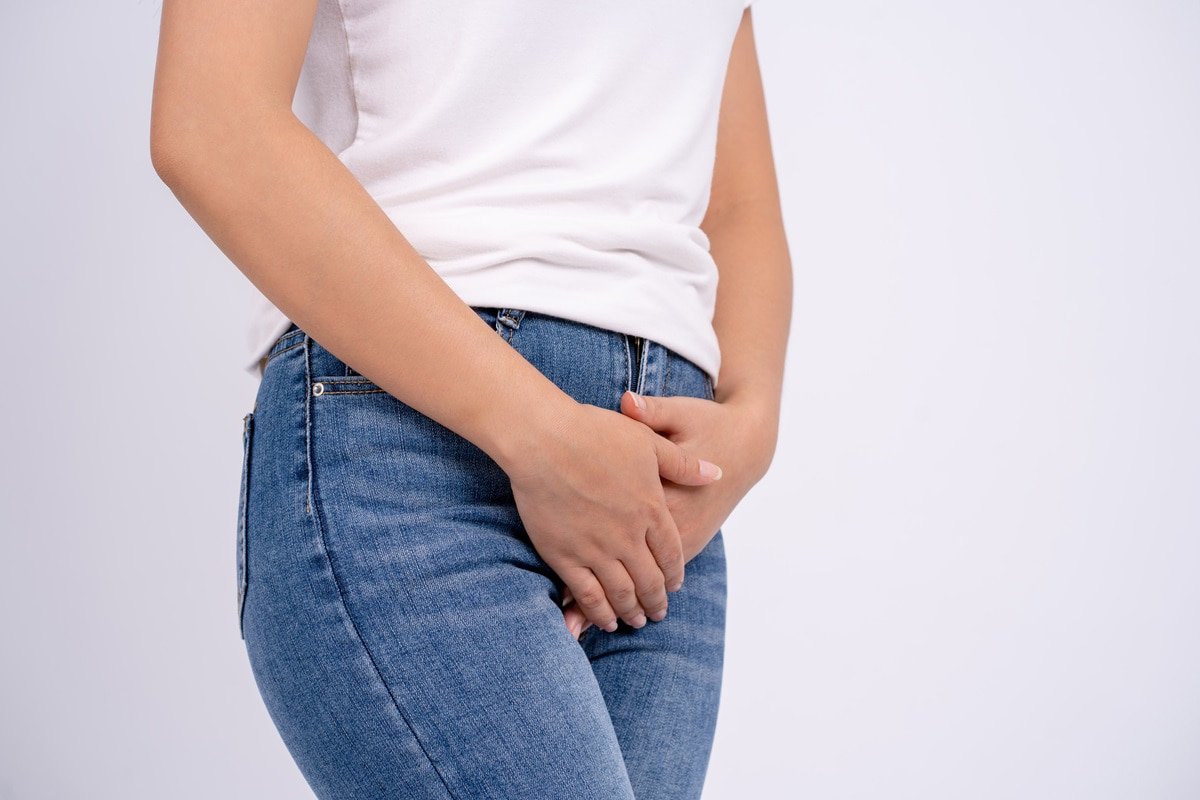Sexual Health Has No Age Limit
There's a common misconception that STIs are only a young person's concern. The reality is quite different: STI diagnoses in people over 50 have been rising significantly across the UK for years.
Sexual health remains important throughout life. Whether you're in a long-term relationship, dating after divorce or bereavement, or simply enjoying an active sex life, understanding the risks and protections matters at any age.
Why STIs Are Rising in Older Adults
Several factors contribute to increasing STI rates in the over-50s:
More Sexual Activity
- People are living longer, healthier lives
- Medications for erectile dysfunction have transformed sexual activity in older men
- Divorce rates have increased, meaning more people date later in life
- Dating apps have made meeting new partners easier at any age
Less Perceived Risk
- Many older adults don't see themselves as at risk for STIs
- Sex education focused on pregnancy prevention rather than STI prevention
- Assumptions that STIs are a "young person's problem"
Lower Condom Use
- Without pregnancy concerns, condom use often decreases
- Conversations about protection may feel awkward
- Partners may be offended by suggestions to use condoms
Healthcare Gaps
- Doctors may not ask about sexual activity in older patients
- Patients may not raise the topic due to embarrassment
- Routine STI screening is less common in older age groups
The Numbers
UK data shows significant increases in STI diagnoses among older adults:
- Syphilis diagnoses in over-50s have increased dramatically
- Gonorrhoea and chlamydia diagnoses have risen
- HIV diagnoses in older adults have increased, often with late diagnosis
These statistics likely underrepresent the true picture, as older adults are less likely to get tested.
STIs Commonly Affecting Older Adults
All the Usual Suspects
Older adults can contract any STI that affects younger people:
- Chlamydia
- Gonorrhoea
- Syphilis
- HIV
- Herpes
- HPV and genital warts
- Hepatitis B and C
- Trichomoniasis
Particular Concerns
- Late diagnosis is common in older adults
- May be dismissed as general aging or other conditions
- Immune system is already less robust with age
- Early treatment improves outcomes dramatically
- Rates have risen significantly in older age groups
- Can cause serious complications if untreated
- Easily treated when caught early
- Many older adults were never vaccinated (vaccine is recent)
- Can cause genital warts
- Associated with cervical, throat, and anal cancers
- Cervical screening remains important
Special Considerations for Older Adults
Physical Changes
Vaginal Changes (Menopause)
- Decreased oestrogen causes vaginal dryness and thinning
- This can cause micro-tears during sex
- Increased susceptibility to infection
- Lubricants can help – but use water-based with condoms
Erectile Changes
- May affect condom use (condoms can be challenging with variable erections)
- ED medications don't protect against STIs
- Condom-compatible options exist
Immune System
- Immune function naturally declines with age
- May affect ability to fight infections
- Some STI complications may be more severe
Medication Interactions
- Some STI treatments may interact with existing medications
- Always inform healthcare providers about all medications
- Most treatments are still safe with appropriate adjustments
Prevention Strategies
Condoms Still Work
Condoms are effective at preventing most STIs regardless of age:
- Use them with new partners – even if pregnancy isn't a concern
- Quality matters – check expiry dates, store properly
- Lubricants help – especially with vaginal dryness (water-based only with latex)
- Practice makes perfect – if it's been a while, familiarise yourself with proper use
Communication
Have honest conversations with partners:
- Discuss sexual history and testing
- It's not offensive to suggest protection – it's responsible
- Ask directly about STI status
- Consider testing together before unprotected sex
Regular Testing
Include STI testing in your healthcare routine:
- Request testing from your GP or visit a sexual health clinic
- Test when starting new relationships
- Don't assume monogamy means zero risk (unless you've both been tested)
When to Get Tested
Consider testing if you:
- Have a new sexual partner
- Have symptoms suggesting an STI
- Your partner has been diagnosed with an STI
- You've had unprotected sex with someone whose status you don't know
- You want peace of mind before unprotected sex with a partner
What Testing Involves
- Usually blood tests (HIV, syphilis, hepatitis B)
- Urine sample or swabs (chlamydia, gonorrhoea)
- Quick, confidential, and non-judgmental
Where to Get Tested
- Sexual health clinics (free, confidential, no GP referral needed)
- Your GP (can arrange testing)
- Online services (home test kits)
- Private clinics
Common Barriers and How to Overcome Them
"I'm Too Old for STIs"
Nobody is too old. If you're sexually active, you can contract STIs. Age doesn't provide protection.
"I'm Too Embarrassed"
Healthcare professionals see patients of all ages for sexual health concerns. It's a normal part of healthcare. Clinics are confidential and non-judgmental.
"I've Been Married for Years"
If you're confident in mutual monogamy and you've both been tested, risk is low. But if there's any uncertainty, testing provides peace of mind.
"My GP Will Judge Me"
Most GPs are trained to discuss sexual health without judgment. If you feel uncomfortable, sexual health clinics are specifically designed for these conversations.
"Condoms Kill the Mood"
With practice, condoms become a normal part of sex. Consider it caring for your partner's health as well as your own.
Relationships and Dating Later in Life
Dating After Divorce or Bereavement
- Take time to understand the current landscape
- Dating norms have changed – apps, casual encounters
- Protect yourself just as you'd advise your children to
- Testing and protection aren't just for the young
New Partners in Long-Term Situations
- Open relationships or non-monogamy require STI awareness
- Regular testing becomes especially important
- Communication about sexual health is essential
Discussing Protection
- Frame it as mutual care, not accusation
- "I care about both our health"
- Lead by example – offer to get tested together
The Bottom Line
Sexual health matters at every age. The over-50s are sexually active, increasingly so, and deserve the same information and protection as younger people.
Don't let embarrassment or assumptions put your health at risk. Use protection with new partners, get tested regularly, and have open conversations about sexual health.
Book Your Test
Our confidential STI testing services are available for everyone, regardless of age. If you're sexually active and haven't been tested recently, book your appointment today.
Get Tested Today
Take control of your sexual health with our confidential, comprehensive STI testing services.
Share this article:



